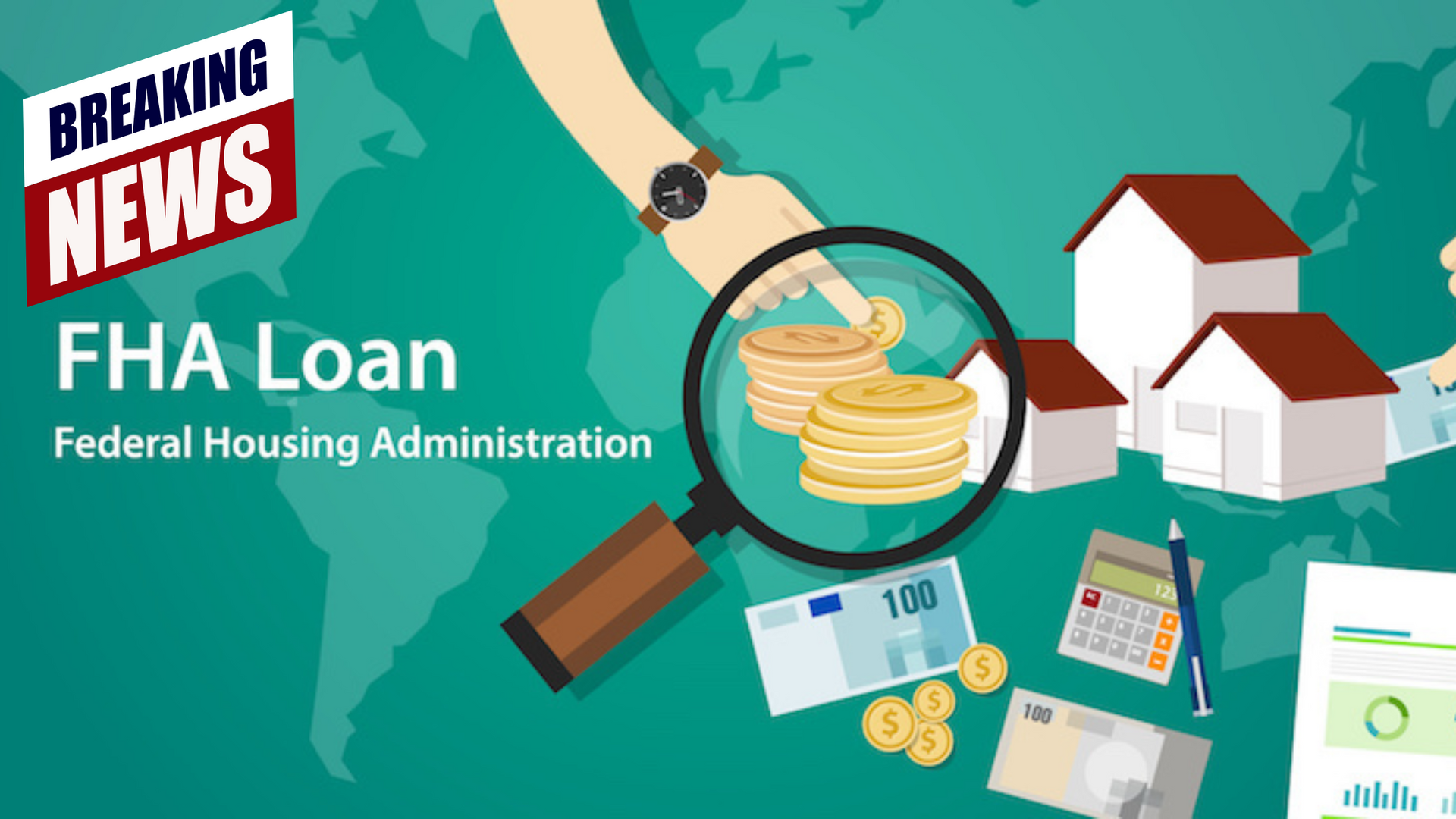Every week we release educational videos related to hot topics in the mortgage industry on YouTube.
Subscribe to our channel to stay in-the-know!
Escrow account is a term you will encounter in the home buying process. The understanding of this term in the mortgage process is crucial to the long term success of your home ownership journey.
Whether you're a first-time homebuyer looking to learn important vocabulary, or a seasoned homeowner looking to refresh your knowledge, we are here to break down the meaning of escrow accounts.
To put something in escrow means to put it in custody or trust. In the case of your mortgage, it means that the lender puts your property tax and home insurance prorated amounts bundled into your mortgage payment, and then holds that money in trust, also known as escrow. The portion of your payment allocated for escrow is set aside, and accumulates month after month. When the bills become due on a yearly basis, the lender will then pay those amounts out of this escrow account in a timely manner to insurance companies and state and local taxing organizations.
It is important to note that lenders do not and cannot earn interest on this money. It is held in trust, on your behalf, and belongs to third party entities. In addition, you do not earn interest on this money either. The benefits of escrow can outweigh the potential penalties and problems that arise if property taxes and insurance are not paid on time. Basically it’s like having a billpay service for your taxes and insurance.
In this article (skip to):
Essentially, an escrow account acts as a financial cushion. It simplifies budgeting and prevents you from falling behind on essential payments, offering financial peace of mind throughout homeownership. It's your financial toolkit, ensuring you can confidently manage your home-related costs without stress or surprises. You can embrace escrow accounts as a practical tool in your homeownership toolkit.
Why do certain lenders insist on the use of escrow accounts? It's essential to understand that their intention isn't to complicate your life; rather, it's for your own benefit. Particularly, if you're making a down payment of less than 20% on your new home, lenders want to ensure you're fully prepared to manage those significant annual expenses - namely, property taxes and insurance. Their primary objective is to prevent you from encountering financial stress or, in extreme cases, facing the risk of foreclosure.
To illustrate, let's consider a practical scenario: Imagine you have an annual property tax bill of $6,000 and an annual homeowners insurance premium of $1,200. These aren't monthly bills but sizable yearly expenses. Here's where the escrow account steps in.
The escrow account acts as a safeguard, ensuring you're financially equipped to cover these expenses promptly and smoothly. It bridges the gap, assuring you won't encounter any unexpected financial hurdles. By requiring escrow accounts, and spreading out the annual costs into amounts paid monthly into the escrow account, lenders aim to make your homeownership journey more manageable and stress-free, allowing you to focus on enjoying your new home without financial worries.
Let's simplify escrow accounts. When you close on your new home, your escrow account begins. The seller contributes their share of property taxes, adjusted for past months, which your lender handles during closing.
Let’s say you purchase a home in October, but your first payment isn't due until December. What about November's property tax? Your lender takes care of it at closing, typically around $500. They also gather an extra two months' worth of property tax, totaling $1,000. This extra amount acts as a cushion since property taxes can fluctuate, and lenders want to be prepared.
Now when it comes to homeowners insurance you'll pay for a full year upfront at closing, totaling $1,200. Insurance renews a month early. So, if you closed in October, it renews in September of the next year. You'll need to cover payments from December to September, 10 months. Your lender knows you might be short for the last two months, so they collect an extra $200 at closing to ensure those costs are covered.
In essence, an escrow account is your financial safety net. It ensures you have funds for property taxes and insurance, avoiding surprises and financial stress. It simplifies your finances, providing peace of mind throughout your homeownership journey.
Now that you've got a handle on how an escrow account operates, there's one more key thing to keep in mind - the annual reconciliation. Every February or March, lenders all across the country take a close look at their escrow accounts. What are they checking for? Well, they're reviewing the expenses from the past year. Did your property taxes or insurance costs change? Did they go up, down, or stay the same?
This reconciliation process is when you'll discover if your escrow account is in surplus or if it's running short. If there's a surplus, that's like a pleasant surprise - you might get some money back. But if there's a shortage, no need to fret; there are steps you can take to address it. We have videos that can walk you through what to do if you find yourself in that situation.
In simpler terms, this annual review ensures that your escrow account stays on track. It helps maintain a balance so you're not caught off guard by sudden increases in expenses. So, keep an eye out for those February or March reconciliations to stay informed about your escrow account's status.
Escrow accounts, while initially appearing complex, are actually designed to simplify your life as a homeowner. Think of them as a built-in tool, like a safety net, ensuring you never miss a payment for property taxes and insurance, thereby shielding you from financial stress.
Whether you're obligated to have an escrow account or opt for one to enhance your peace of mind, comprehending their inner workings is of paramount importance. Keeping a watchful eye on your account, particularly during the annual reconciliation, empowers you to remain in control of your expenses and revel in a worry-free homeownership experience.
We sincerely hope that this article has demystified escrow accounts for you and shed light on their significance. If you found this information valuable, please share it with someone who you think would help. Explore our other articles for a wealth of additional insights into the realm of homeownership.
As you solidify your plans to buy or sell in 2024, we recommend securing your pre approval to be sure you are informed and ready when opportunity strikes. Download our FREE checklist today of documents you will need. Our team would be honored to assist in a no cost assessment of your home purchasing power. Call us! www.loanwithJen.com/contact.





All Rights Reserved | Jennifer Hughes Hernandez | Senior Loan Officer | NMLS #514497
Full service residential lender with an experienced team offering expert service, reliable communications and on-time closings in the greater Houston area.

Every week we release educational videos related to hot topics in the mortgage industry on YouTube.
Subscribe to our channel to stay in-the-know!
Gardner Financial Services, Ltd., dba Legacy Mutual Mortgage, NMLS #278675, a subsidiary of Prosperity Bank. 18402 U.S. Highway 281 N, Ste. 258, San Antonio, TX 78259. AZ BK-2001467. Check registration and licensing at nmlsconsumeraccess.org. Legacy Mutual Mortgage is an Equal Housing Lender. This is not a commitment to lend. Material is informational only and should not be construed as investment or mortgage advice. Legacy Mutual Mortgage is not an agency of the federal government. Not all loan products are available in all states. All loans are subject to credit and property approval. Not all applicants qualify. Restriction and conditions may apply. Information and programs current as of date of distribution but may change without notice. [11/2025]